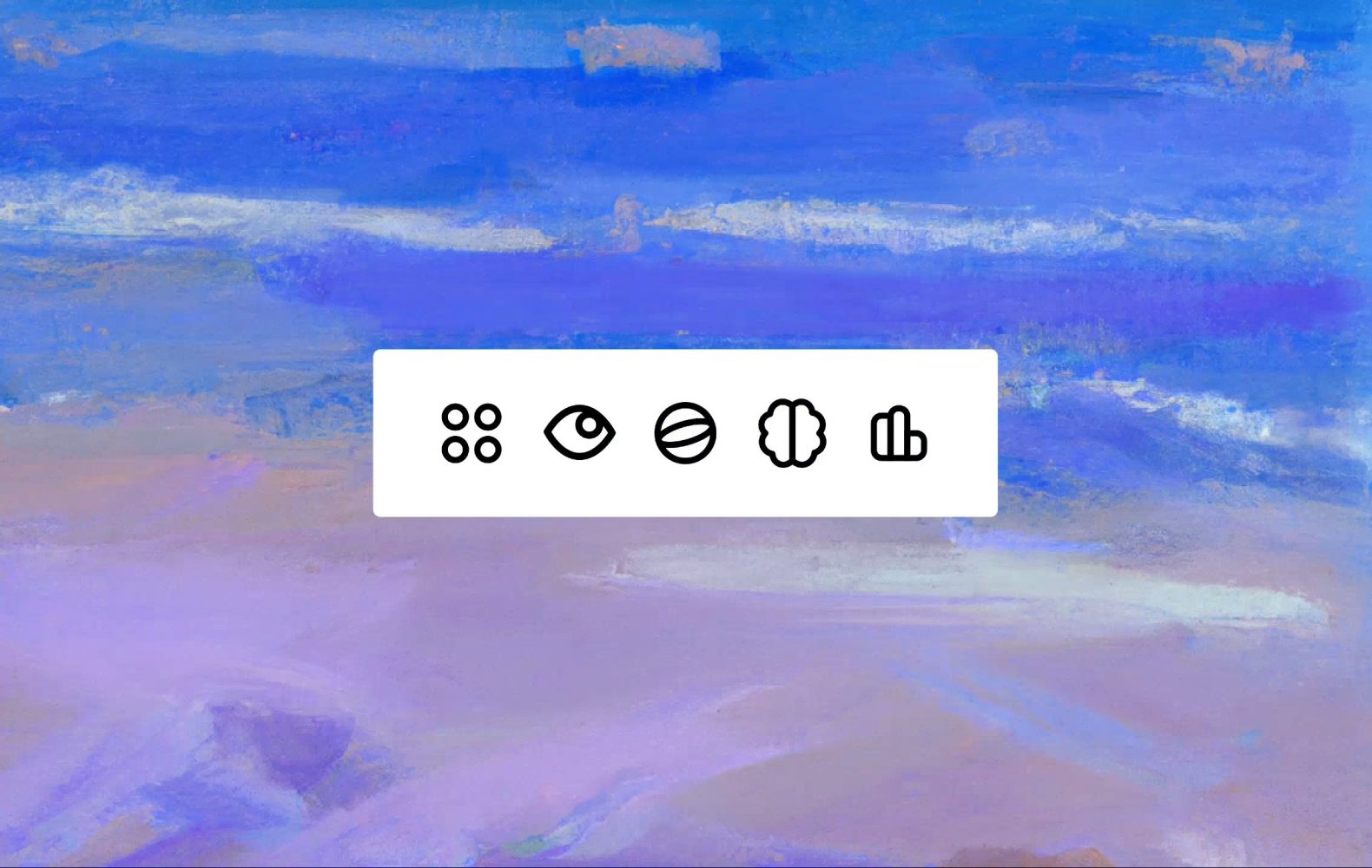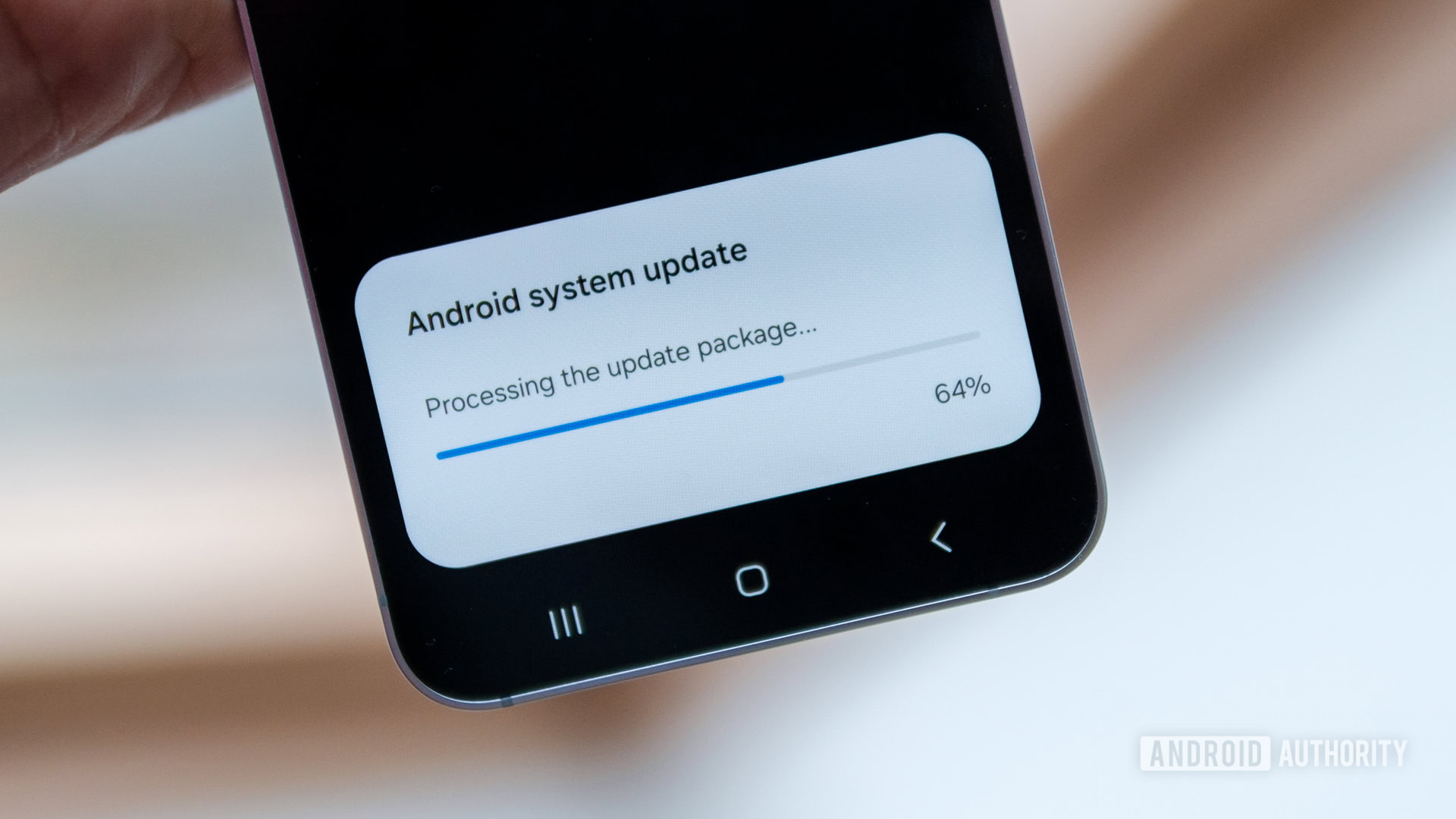How to Fix '@unchecked Sendable' Warning in Swift Xcode 16.2
Introduction If you are using Xcode 16.2 and encountering the warning "Class 'RecordParseOperation' must restate inherited '@unchecked Sendable' conformance", you are not alone. This warning occurs because Swift's concurrency model requires classes that inherit from Operation to explicitly mark their conformance to the Sendable protocol, particularly when dealing with concurrent operations. In this article, we will explore why this warning arises and how to effectively resolve it so that your code runs smoothly without warnings. Understanding the Issue The warning about @unchecked Sendable arises because Swift enforces stricter checks for thread safety in concurrent programming. The Operation class is intended to work with tasks that may run concurrently, and to do this safely, it needs to ensure that any properties of types such as RecordParseOperation are also safe for arbitrary concurrency. In essence, the @unchecked Sendable attribute allows the designated class to indicate that it can be dispatched across threads. However, it applies only when you are certain the instance's properties are thread-safe independently. If the properties within RecordParseOperation do not adhere to this requirement, the compiler generates a warning as a safety measure. Step-by-Step Solution To resolve the warning and ensure your RecordParseOperation class complies with the necessary requirements, follow these steps: Step 1: Confirm Thread Safety of Properties Before adding the @unchecked Sendable attribute, it is crucial to ensure that all properties in your class are thread-safe. In your code, the properties you have are result, parsingCompleteHandler, record, and indexPath. Ensure they won't cause data races or unsafe concurrent access. Step 2: Add @unchecked Sendable Conformance Once you have confirmed that your properties are thread-safe, you can add @unchecked Sendable to your class definition. You can do this by updating the class declaration as follows: class RecordParseOperation: Operation, @unchecked Sendable { This modification explicitly marks RecordParseOperation as conforming to Sendable. Here's the revised code: import Foundation import UIKit typealias ParsingCompletionHandler = ((ParsedRecord) -> ()) class RecordParseOperation: Operation, @unchecked Sendable { var result: ParsedRecord? var parsingCompleteHandler: ParsingCompletionHandler? private var record: Record private var indexPath: IndexPath init(record: Record, indexPath : IndexPath) { self.record = record self.indexPath = indexPath super.init() } override func main() { if Thread.isMainThread { print("⚠️ Main thread! \(indexPath)") } if isCancelled { return } let titleFont = UIFont.systemFont(ofSize: 18, weight: .semibold) let attributedTitle = NSMutableAttributedString(string: "\(indexPath.row+1). ", attributes: [.font:titleFont,.foregroundColor:UIColor.secondaryLabel]) if isCancelled { return } attributedTitle.append(NSAttributedString(string: record.title, attributes: [.font:titleFont,.foregroundColor:UIColor.label])) if isCancelled { return } let bodyFont = UIFont.systemFont(ofSize: 14, weight: .regular) let attributedBody = NSMutableAttributedString(string: record.body+"\n\n", attributes: [.font:bodyFont, .foregroundColor:UIColor.label]) if isCancelled { return } attributedBody.append(NSAttributedString(string: record.link, attributes: [.font:bodyFont, .link:record.link])) if isCancelled { return } let result = ParsedRecord(attributedTitle: attributedTitle, attributedBody: attributedBody) self.result = result parsingCompleteHandler?(result) } } Step 3: Clean and Build the Project After making the above changes, it is crucial to clean and rebuild your project. You can do this via the Xcode menu by selecting Product > Clean Build Folder or simply using the shortcut Shift + Command + K. This process ensures that any previous warnings are cleared, and you can now check if the warning persists. Step 4: Test the Changes Always test your operation to ensure that it behaves as expected after the proposed modifications. Run through scenarios involving concurrency to ensure that the RecordParseOperation functions correctly without compromising data safety. Frequently Asked Questions What is Sendable in Swift? Sendable is a protocol introduced in Swift to indicate that a type can be safely sent across actor boundaries in concurrent programming. It is essential for maintaining data integrity in a multi-threaded environment. What does @unchecked Sendable mean? Using @unchecked Sendable means the developer guarantees the type's thread safety without the compiler's verification. This should be used with caution as it bypasses some safety checks provided by Swift. Can I ignore the @

Introduction
If you are using Xcode 16.2 and encountering the warning "Class 'RecordParseOperation' must restate inherited '@unchecked Sendable' conformance", you are not alone. This warning occurs because Swift's concurrency model requires classes that inherit from Operation to explicitly mark their conformance to the Sendable protocol, particularly when dealing with concurrent operations. In this article, we will explore why this warning arises and how to effectively resolve it so that your code runs smoothly without warnings.
Understanding the Issue
The warning about @unchecked Sendable arises because Swift enforces stricter checks for thread safety in concurrent programming. The Operation class is intended to work with tasks that may run concurrently, and to do this safely, it needs to ensure that any properties of types such as RecordParseOperation are also safe for arbitrary concurrency.
In essence, the @unchecked Sendable attribute allows the designated class to indicate that it can be dispatched across threads. However, it applies only when you are certain the instance's properties are thread-safe independently. If the properties within RecordParseOperation do not adhere to this requirement, the compiler generates a warning as a safety measure.
Step-by-Step Solution
To resolve the warning and ensure your RecordParseOperation class complies with the necessary requirements, follow these steps:
Step 1: Confirm Thread Safety of Properties
Before adding the @unchecked Sendable attribute, it is crucial to ensure that all properties in your class are thread-safe. In your code, the properties you have are result, parsingCompleteHandler, record, and indexPath. Ensure they won't cause data races or unsafe concurrent access.
Step 2: Add @unchecked Sendable Conformance
Once you have confirmed that your properties are thread-safe, you can add @unchecked Sendable to your class definition. You can do this by updating the class declaration as follows:
class RecordParseOperation: Operation, @unchecked Sendable {
This modification explicitly marks RecordParseOperation as conforming to Sendable. Here's the revised code:
import Foundation
import UIKit
typealias ParsingCompletionHandler = ((ParsedRecord) -> ())
class RecordParseOperation: Operation, @unchecked Sendable {
var result: ParsedRecord?
var parsingCompleteHandler: ParsingCompletionHandler?
private var record: Record
private var indexPath: IndexPath
init(record: Record, indexPath : IndexPath) {
self.record = record
self.indexPath = indexPath
super.init()
}
override func main() {
if Thread.isMainThread {
print("⚠️ Main thread! \(indexPath)")
}
if isCancelled { return }
let titleFont = UIFont.systemFont(ofSize: 18, weight: .semibold)
let attributedTitle = NSMutableAttributedString(string: "\(indexPath.row+1). ", attributes: [.font:titleFont,.foregroundColor:UIColor.secondaryLabel])
if isCancelled { return }
attributedTitle.append(NSAttributedString(string: record.title, attributes: [.font:titleFont,.foregroundColor:UIColor.label]))
if isCancelled { return }
let bodyFont = UIFont.systemFont(ofSize: 14, weight: .regular)
let attributedBody = NSMutableAttributedString(string: record.body+"\n\n", attributes: [.font:bodyFont, .foregroundColor:UIColor.label])
if isCancelled { return }
attributedBody.append(NSAttributedString(string: record.link, attributes: [.font:bodyFont, .link:record.link]))
if isCancelled { return }
let result = ParsedRecord(attributedTitle: attributedTitle, attributedBody: attributedBody)
self.result = result
parsingCompleteHandler?(result)
}
}
Step 3: Clean and Build the Project
After making the above changes, it is crucial to clean and rebuild your project. You can do this via the Xcode menu by selecting Product > Clean Build Folder or simply using the shortcut Shift + Command + K. This process ensures that any previous warnings are cleared, and you can now check if the warning persists.
Step 4: Test the Changes
Always test your operation to ensure that it behaves as expected after the proposed modifications. Run through scenarios involving concurrency to ensure that the RecordParseOperation functions correctly without compromising data safety.
Frequently Asked Questions
What is Sendable in Swift?
Sendable is a protocol introduced in Swift to indicate that a type can be safely sent across actor boundaries in concurrent programming. It is essential for maintaining data integrity in a multi-threaded environment.
What does @unchecked Sendable mean?
Using @unchecked Sendable means the developer guarantees the type's thread safety without the compiler's verification. This should be used with caution as it bypasses some safety checks provided by Swift.
Can I ignore the @unchecked Sendable warning?
It's not advisable to ignore this warning, as doing so could lead to data races or crashes in concurrent environments. Always strive for thread-safe code and address compiler warnings accordingly.
Conclusion
By following these steps, you can resolve the '@unchecked Sendable' warning in your RecordParseOperation class effectively. This change ensures your code is not only more compliant with Swift’s concurrency features but also promotes safer multi-threading practices in your applications. Remember to regularly test and validate for thread safety throughout your code to maintain robustness in your application architecture.










































































































































































![[The AI Show Episode 146]: Rise of “AI-First” Companies, AI Job Disruption, GPT-4o Update Gets Rolled Back, How Big Consulting Firms Use AI, and Meta AI App](https://www.marketingaiinstitute.com/hubfs/ep%20146%20cover.png)










































































































































































.png?width=1920&height=1920&fit=bounds&quality=70&format=jpg&auto=webp#)































































































_Aleksey_Funtap_Alamy.jpg?width=1280&auto=webp&quality=80&disable=upscale#)
_Sergey_Tarasov_Alamy.jpg?width=1280&auto=webp&quality=80&disable=upscale#)















































































































![Apple Foldable iPhone to Feature New Display Tech, 19% Thinner Panel [Rumor]](https://www.iclarified.com/images/news/97271/97271/97271-640.jpg)
![Apple Developing New Chips for Smart Glasses, Macs, AI Servers [Report]](https://www.iclarified.com/images/news/97269/97269/97269-640.jpg)
![Apple Shares New Mother's Day Ad: 'A Gift for Mom' [Video]](https://www.iclarified.com/images/news/97267/97267/97267-640.jpg)
![Apple Shares Official Trailer for 'Stick' Starring Owen Wilson [Video]](https://www.iclarified.com/images/news/97264/97264/97264-640.jpg)



































































































